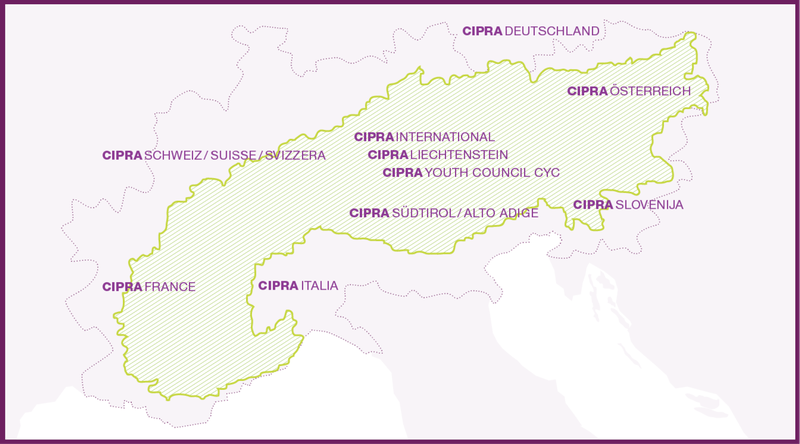Laura Haberfellner, CIPRA International Lab
Innovation to counter emigration
Emigration and the brain drain in the Alpine region: a new EU project involving CIPRA aims to counteract this trend. It is testing innovative governance models to strengthen mountain regions and create a win-win situation for regions of origin, destinations and young emigrants.
Who is CIPRA?
Find out more!
More articles
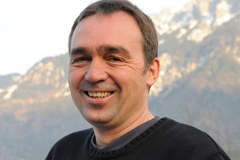
Time to shelve the growth model
Yearly Symposium 2009 Gamprin/FL “Growth come hell or high water?”. Andreas Götz, Director OF CIPRA International, on declining growth and its repercussions for the Alps.
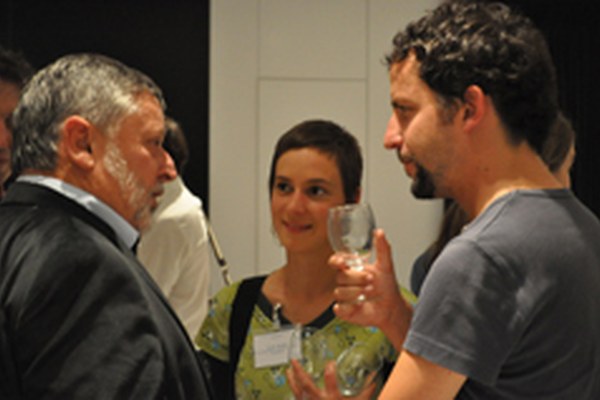
Barbara Wülser | CIPRA International | Schaan, LI
CIPRA prepares a seed bed for new ideas in the Alpine region
CIPRA addressed a broad range of issues at its Yearly Symposium entitled “Growth come hell or high water? The Alps in search of happiness” in Gamprin/FL in September. A look at the global cycles and modes of action provided the framework for the topic. CIPRA also looked at the close ties with the Alps, where those global cycles have an impact, and promoted dialogue at various levels. The Symposium was very favourably received by more than 200 participants from all the Alpine countries.

alpMedia | Schaan, LI
Leisure: car-free mobility
Leisure activities that do not involve the use of cars are now "in", as the increasing number of information packs clearly shows. The Alpine Club South Tyrol (AVS) for instance recently published five new brochures, each featuring 15 to 20 hiking routes whose starting and finishing points can all be reached by public transport. In the series Hiking Without Cars the Alpine Club has compiled a total of some 300 hiking tips for the whole of South Tyrol. As the AVS remarks in a press release, "It should be a priority for tourist regions to adopt measures that promote the use of public transport for travel both to and from destinations as well as for activities at the holiday destination itself".

alpMedia | Schaan, LI
The "brain drain": an opportunity for the Alps?
Highly qualified people are also leaving alpine regions to move to other regions or countries. But according to a study by the Arbeitsgemeinschaft Alpenländer (ARGE ALPE) Working Group the Alps can put this brain drain to a positive use. Indeed these brilliant minds are also multipliers and image carriers for their homeland around the globe, a fact that should be capitalised on.
Events
|
Webinar - Successfully organising sustainable procurement with proCURE | online | |
|
FutureForum Alps 2025 | SAL - Saal am Lindaplatz, Landstrasse 19, 9494 Schaan, Liechtenstein |
Projects
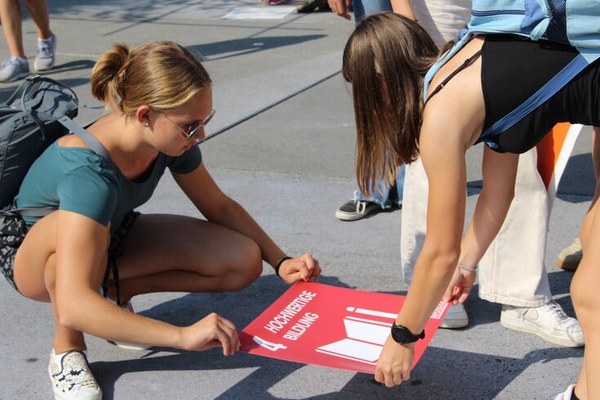
CIPRA International
Ars vivendi
[Project completed] How can the Sustainable Development Goals (SDGs) be learned and taught? In the project «ars vivendi» a didactic tool for the Global Agenda 2030 is being developed.
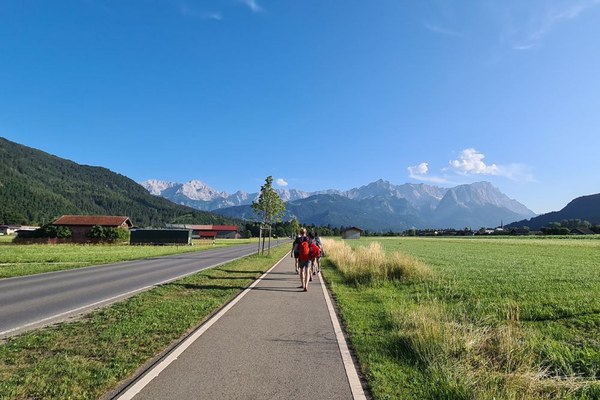
CIPRA Deutschland | CIPRA France
DINAMO
[Project competed] In many rural areas of the Alps, public transport services are inadequate for daily needs and tourism development. In some remote mountain regions, this is one of the reasons why there is a considerable amount of car traffic, especially on weekends, public holidays and during rush hours. There are various reasons for this, including the high cost of public transport solutions due to low population density, inadequate public transport options (such as timetables, accessibility, connectivity, travel time and costs) and political and social preferences in favour of private motorised transport.

CIPRA International Lab
LISTEN
The LISTEN project is analysing the use of space in suburbs on the basis of three pilot regions in Belgium, Sweden and Austria. CIPRA Lab GmbH is working together with partners from research and regional stakeholders.

